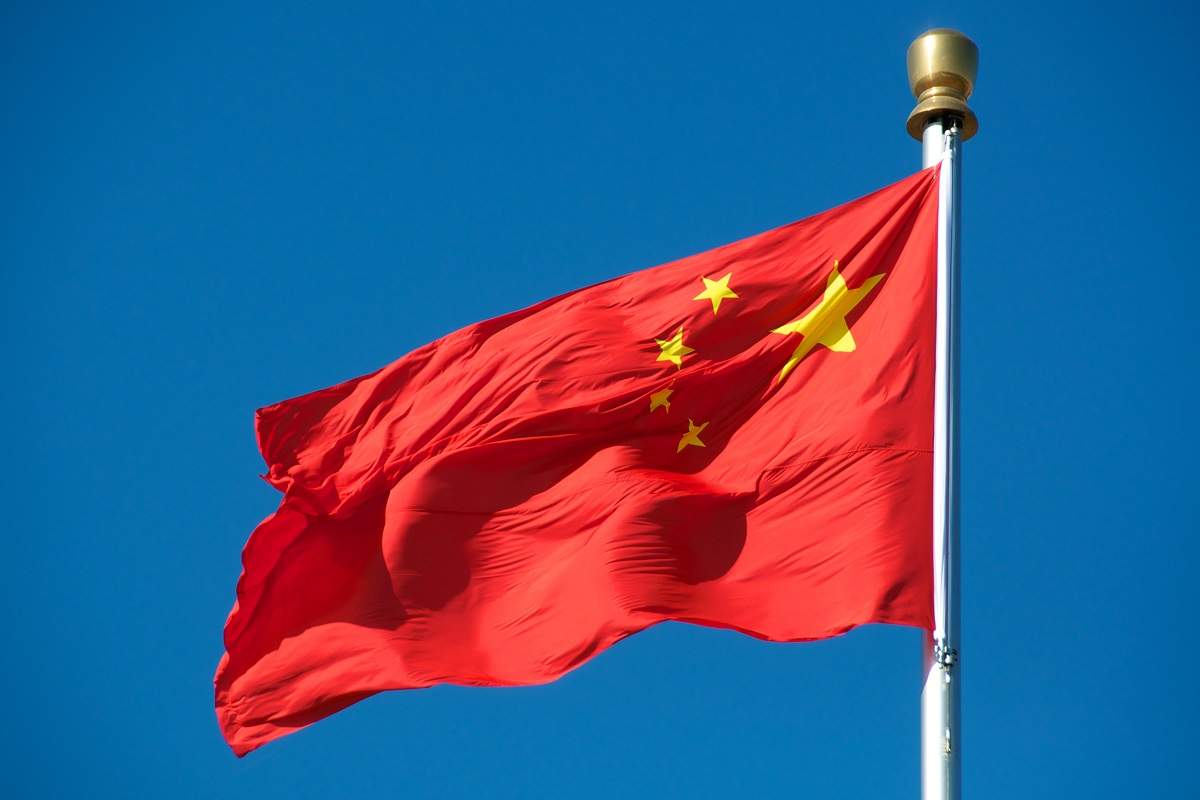AARON MC NICHOLAS

The rise of a strong and confident China has had more implications for Australia than perhaps any other advanced country apart from the United States, as evidenced by the ongoing public debate over the impact of China’s new bilateral security agreement with the Solomon Islands. More than any other US ally, Australia has been forced to grapple with the consequences of a souring relationship with China in fields such as trade, higher education, regional security and foreign influence in domestic politics. Former prime minister Kevin Rudd’s book can thus be described as nothing short of indispensable for Australian, as well as US, observers who seek to understand how to view this ascending presence in their neighbourhood, and how they themselves are viewed likewise.
Although by his own admission, Rudd is ideologically embedded to a Western conception of the world, he is humble about the disparity between Chinese efforts to understand the United States and the lack of reciprocal diligence exhibited by Americans. His exploration, across several chapters, of the historical background of US–China relations and the contemporary challenges in the relationship does not attempt to go beyond fundamentals, but it remains an open question as to how many of these key elements many US and Australian policymakers are conversant in.
Rudd’s admiration for China’s achievements may well dissatisfy his own country’s more combative foreign policy commentators. Yet it would be a mistake to describe Rudd as sycophantic in his assessment of China; in fact, more often than not, when discussing how China views its future priorities, China is not the pronoun he uses in the book, but rather Xi Jinping, the man. This simple linguistic decision to highlight how much power has been amassed by one leader will remind readers that Rudd’s conclusions do not stray far from mainstream Western thought, even if his restraint-based recommendations fail to endear him to the more confrontationally-minded.
While it is a legitimate thought experiment for policymakers and scholars to hypothesise why national leaders make their decisions, the risk of claiming unwarranted omnipotence is ever present for an author writing from outside the room. Rudd has a lifetime of credentials and relationships to give credibility to his conclusions, whether they relate to China’s primacy in 5G telecommunications technology or how unpromising are attempts to displace the US dollar’s dominance in the international currency system. Somewhat ominously, when discussing China–Russia relations, Rudd identifies Russia’s greater willingness for adventurism as something that China views as a strategic asset in the relationship.
 When discussing how China views its future priorities, Kevin Rudd does not use the country’s name as the pronoun, but rather Xi Jinping, the man (BriYYZ/Flickr)
When discussing how China views its future priorities, Kevin Rudd does not use the country’s name as the pronoun, but rather Xi Jinping, the man (BriYYZ/Flickr)Despite advocating a war-weary approach that would trigger labels of “appeaser” from his detractors, Rudd frames the need for managed strategic competition in unabashedly realist terms. Specifically for the United States, he describes the need for the 2020s to be a decade of rebuilding – a bold assertion in an era when many observers believe that it is China, rather than the United States, that seeks to avoid overt confrontation to allow time for internal development. That sets up the book for perhaps its primary shortcoming: its inadequacy in speaking to an audience that needs to be convinced that war is not inevitable. In an era when future confrontation over Taiwan is spoken of in the United States with increasing resignation, Rudd’s appeal to abandon jingoistic nationalism will find few receptive ears beyond those already convinced. It may be an unrealistic expectation for an author to try to speak the language of his opponents, but the absence of such an attempt in Rudd’s book makes it more likely that his readers will consist only of those already enamoured with his views of the world.
That limitation – which few authors could succeed in overcoming – should not take away from the encyclopaedic collection of deft observations that Rudd’s book provides. Rudd is an attentive student of China’s past and present. His contribution to an important public debate in Australia, the United States, and China, should not be ignored even by those who are already mentally preparing for the end of peacetime.
No comments:
Post a Comment